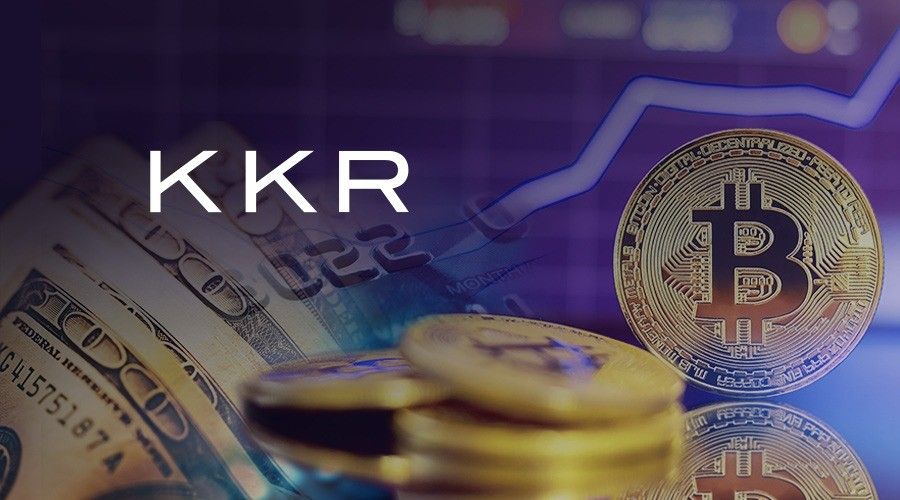The Rise of Tokenized Private Equity Funds
Private equity firms like KKR, Apollo, and Hamilton Lane are exploring tokenization to fractionalize their funds and broaden access for smaller investors.

Tokenization is democratizing private equity by enabling smaller investors to engage and enhancing liquidity through tradable tokens. Blockchain ensures transparency by publicly recording all fund transactions and reduces cross-border transaction costs, unlocking new markets.
In the past two years, several large institutional investors, including KKR and Hamilton Lane, have announced plans to tokenize portions of their respective funds, aiming to democratize access to exclusive investments and integrate real-world assets into the blockchain. In some cases, tokenizing their fund decreased the minimum investment size from $2 million to under $10,000.
Advantages of Tokenized Private Equity
Tokenization has revolutionized private equity investments, enabling increased liquidity as tokens can be bought or sold on exchanges, greater transparency through blockchain technology recording all transactions, and expansion into new markets with lower friction costs for cross-border transactions. As the technology matures and regulations evolve, tokenized private equity investments have the potential to reshape the industry, attracting a broader range of investors seeking innovative and efficient ways to access exclusive opportunities.
Tokenization also offers benefits for fund managers, providing managers with access to previously unavailable capital and allowing funds to flow freely to the best-performing opportunities, resulting in more optimal markets. Blockchain technology is expected to enhance capital flows from public to private markets and redistribute wealth from institutions to individuals over the long run.
Challenges Facing Tokenized Assets
Regulatory uncertainty is a major challenge due to lack of standard practices among different jurisdictions, security concerns related to protecting digital assets from malicious actors, and difficulty in building trust with potential investors unfamiliar with this asset class. Additionally, to access funds on the Securitize protocol, investors must undergo a Know Your Customer (KYC) process that includes submitting their passports, filling out personal and tax information, and completing a liveness check with Plaid or Persona.
The First Tokenized Access
In September 2021, ADDX, the digital securities exchange, announced they had tokenized an allocation from Partners Group's substantial €5.5-billion Global Value SICAV Fund. Since its inception in January 2019, the fund has demonstrated impressive performance.
One year later, KKR, a prominent institutional investor, announced plans to tokenize a portion of its flagship fund, Health Care Strategic Growth Fund II ("HCSG II"), using Securitize, a digital asset securities firm, on the Avalanche blockchain. HCSG II had closed at $4 billion in January 2022. This offering represents a significant milestone for asset-backed tokens on Wall Street and a major step in integrating real-world assets into the blockchain.
In November, 2022, Apollo Global Management announced it would offer a new fund on a public blockchain using financial technology firm Figure. A few months later, Hamilton Lane, a $824 billion private equity firm, revealed plans to provide tokenized access to its Equity Opportunities Fund V through a feeder fund on Polygon, in collaboration with Securitize.
Blockchain Infrastructure Partners
In addition to Securitize and Figure, other key players in the tokenized PE space include Polymath, SPiCE Capital, Collaborative Fund, and Balcony. These companies are developing platforms and issuing tokens that provide exposure to private equity and real estate assets. These moves aim to democratize access to a space traditionally reserved for institutional investors, allowing international accredited investors to participate with a minimum investment of $10,000.
Conclusion
Tokenized private equity offers numerous benefits, including enhanced liquidity, transparency, and market expansion, although challenges like regulatory uncertainty and security must be addressed. Proper due diligence and investor education can mitigate these concerns, potentially unlocking new opportunities for issuers and investors to access exclusive funds with reduced friction costs.

